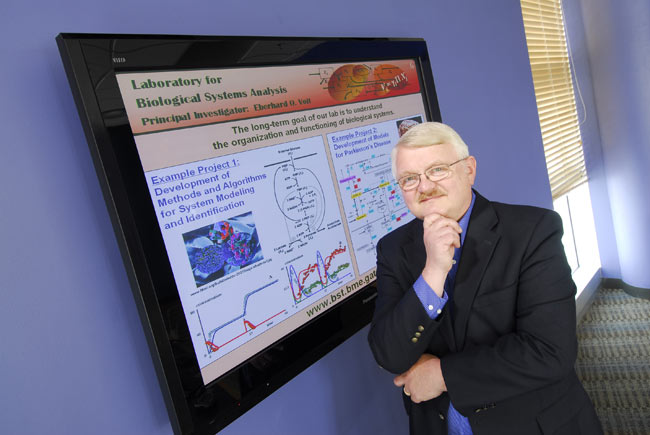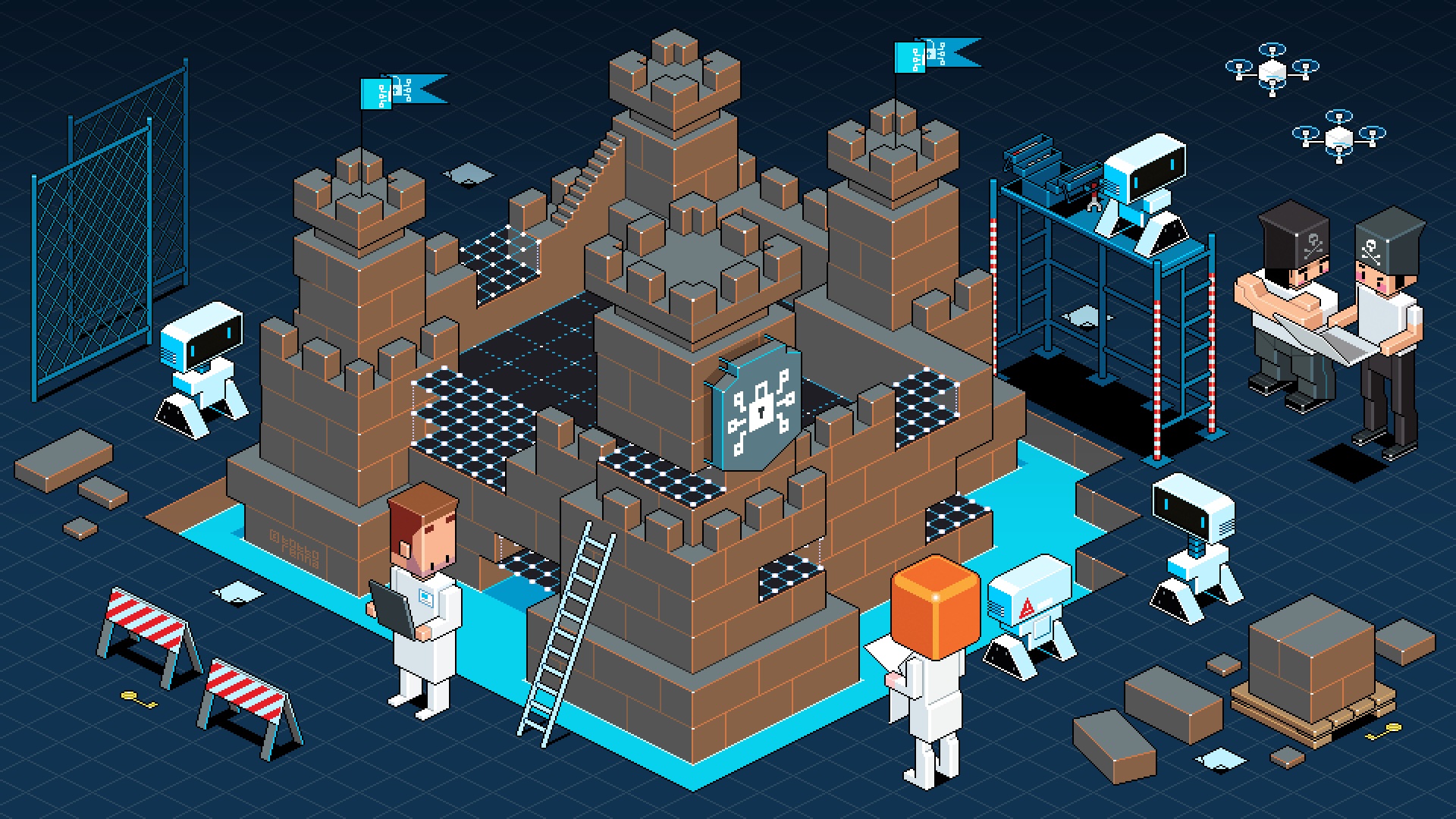Why Some Scientists Never Give Up

Editor's Note: ScienceLives is an occasional series that puts scientists under the microscope to find out what makes them tick. The series is a cooperation between the National Science Foundation and LiveScience.
Name: Eberhard Otto Voit Age: 55 Institution: Georgia Tech Field of Study: Systems Biology
Many researchers begin modeling biological systems with simple organisms, such as bacteria, that are easy to culture, manipulate genetically, maintain under controlled conditions and examine in the laboratory. Such microorganisms hint at functionality in larger organisms yet are less complex. Georgia Tech biomedical engineer Eberhard Voit, in collaboration with Helena Santos, a professor at the Universidade Nova de Lisboa in Portugal, showed that high-precision, dynamic experimental data can be combined with nonlinear mathematical modeling to characterize mechanisms in the bacterium Lactococcus lactis. Such mechanisms are difficult to assess with traditional, strictly biological analyses. With a genome of fewer than 300 genes — compared to the more than 20,000 genes in humans — this bacterium served as an attractive model for Voit’s biological systems approaches and for the development of new ways to analyze metabolites and optimize the production of valuable compounds for the food industry. Learn more about this field, systems biology, in a column by Voit at http://gtresearchnews.gatech.edu/reshor/rh-s08/sysbio-fac.html, and read his answers to the ScienceLives 10 Questions below.
What inspired you to choose this field of study? I have always been interested in the diversity and beauty of nature and in the rigor, elegance and power of mathematics. When I went to college, it was widely assumed that biology was too complicated to be explainable with math, but we know now that math will be crucial for understanding how biology works.
What is the best piece of advice you ever received? Not to give up just because your professors tell you to.
What was your first scientific experiment as a child? I don’t remember.
What is your favorite thing about being a scientist or researcher? The life-long freedom to define your own puzzles.
Get the world’s most fascinating discoveries delivered straight to your inbox.
What is the most important characteristic a scientist must demonstrate in order to be an effective scientist? Persistence.
What are the societal benefits of your research? My work is clearly basic research. Often, the immediate applications of basic research are not evident, but I believe that my research will eventually be beneficial in many areas of biology, medicine, drug development, food production, and good stewardship of the environment.
Who has had the most influence on your thinking as a researcher? My postdoctoral advisor, Dr. Michael Savageau.
What about your field or being a scientist do you think would surprise people the most? That math can actually be used to compute something as complicated as a disease process.
If you could only rescue one thing from your burning office or lab, what would it be? Hmm! My office is full of stuff, but thanks to Steven my computer gets backed up regularly and essentially all things in my office are replaceable and/or not worth heroic efforts. I would run with my car keys, so my wife would not have to pick me up, and my wallet, because it’s a headache to change your credit cards and no fun to stand in line at the DMV. OK, that's two things.
What music do you play most often in your lab or car? Usually silence is my favorite music. A romantic symphony would be the runner up.
